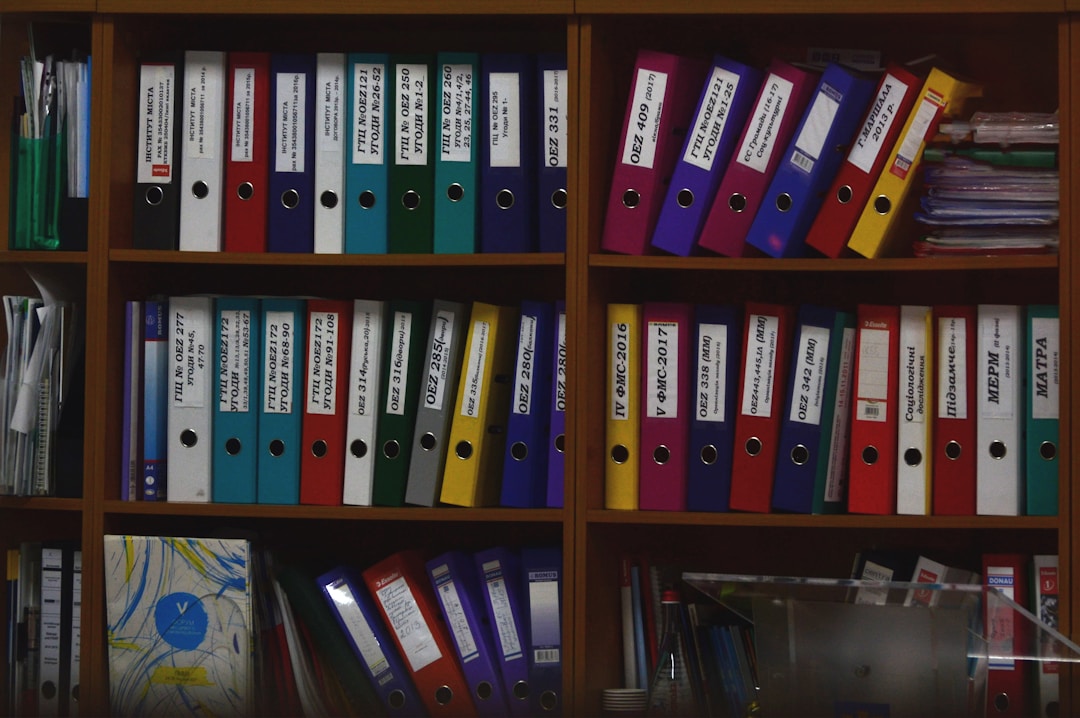Financial health can be a hard thing to master for many homeowners and heads of families. There always seems to be a new crisis that requires capital intensive solutions, putting you and your family constantly behind. That said, getting your finances in order doesn’t have to be a monumental or impossible task. In fact, the practice starts with a few simple changes in the habits that have come to form your daily and weekly routines.
Building great fiscal responsibility and financial habits that add to your overall cash value isn’t always the easy way to manage things, but the basics are far easier than you might imagine, and the payoff is incredible. With these simple ideas, you can begin to dramatically transform your financial strength and give a better quality of life to your family members in the process.
Start with life insurance.

The purchase of life insurance is something that virtually everyone should do. Insurance, more generally, provides a backstop for the things that life throws our way. With auto insurance, a car accident is covered with little or no cash out of pocket required; similarly, health insurance provides you and your family members with the treatment you need in times of illness or injury.
Life insurance provides a different kind of financial strength, however. With a life insurance policy, your family will be protected in the event of a death. With the cost of raising a child in the United States tallying up to almost $234,000 from birth to seventeen, a safety net is crucial to providing relief for financial stress in these what-if moments. The sudden death of a parent is always unlikely, yet it can happen to anyone, and at any time. This could leave your loved ones with half their monthly income and no warning—and this financial hazard will be happening at a time of intense grief and turmoil to boot.
With a life insurance policy, the cash value that is paid out during this grieving period can limit or even eliminate the financial damage that a death can cause in addition to the sadness that comes over a family. Plus, for those who won’t need the coverage provided in a death benefit payout to beneficiaries, the peace of mind granted by the safety net also provides a huge relief in the immediate present.
Maintain excellent record keeping habits.

Record keeping is also a crucial part of organizing your finances. Financial professionals rely on custom pocket folders to maintain all their records, and so should you and your family. The average American gets paper or digital copies of IRA account holdings, savings and checking account statements, bills for the electricity, telecommunications equipment, water, and much more. All these records are vital to filing proper taxes, as well as and limiting your exposure to additional payment requirements. With great record keeping habits, you may even be able to squeeze out a larger tax refund each year from the IRS.
Folders sound like a boring solution to this common problem, but the fact is that boring is good when it comes to finances. The less exciting your financial health is, the better it will remain over the long run. Folders, savings products, and low interest credit cards (that make for constant improvements to your credit score) or other borrowing sourExcellent! Had a few typos, nothing major.Excellent! Had a few typos, nothing major.ces all factor heavily into a strong financial picture that will hold tough over the years to come.
Building great financial health takes practice and a commitment to making commonplace adjustments within your current lifestyle. Reducing your reliance on credit, adding in life insurance to protect your family in the event of a tragedy, and keeping tabs on your outgoing expenses all combine for a full bodied approach to great financial stability.






